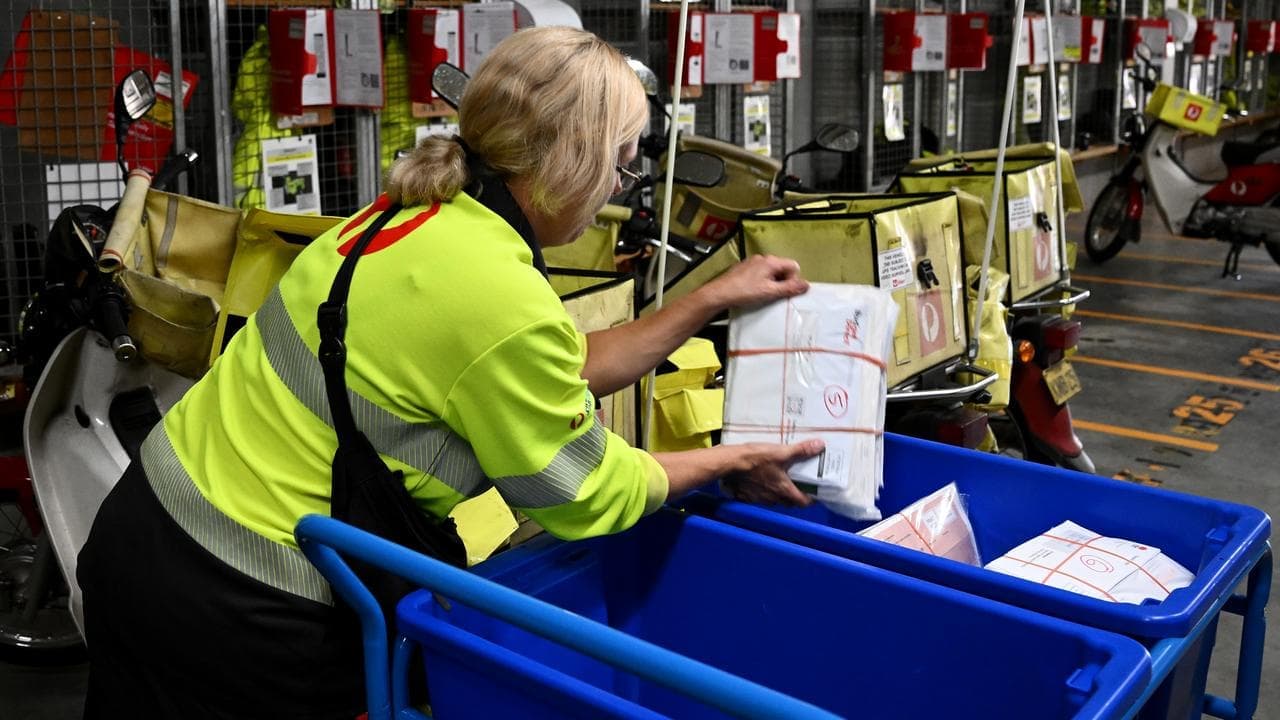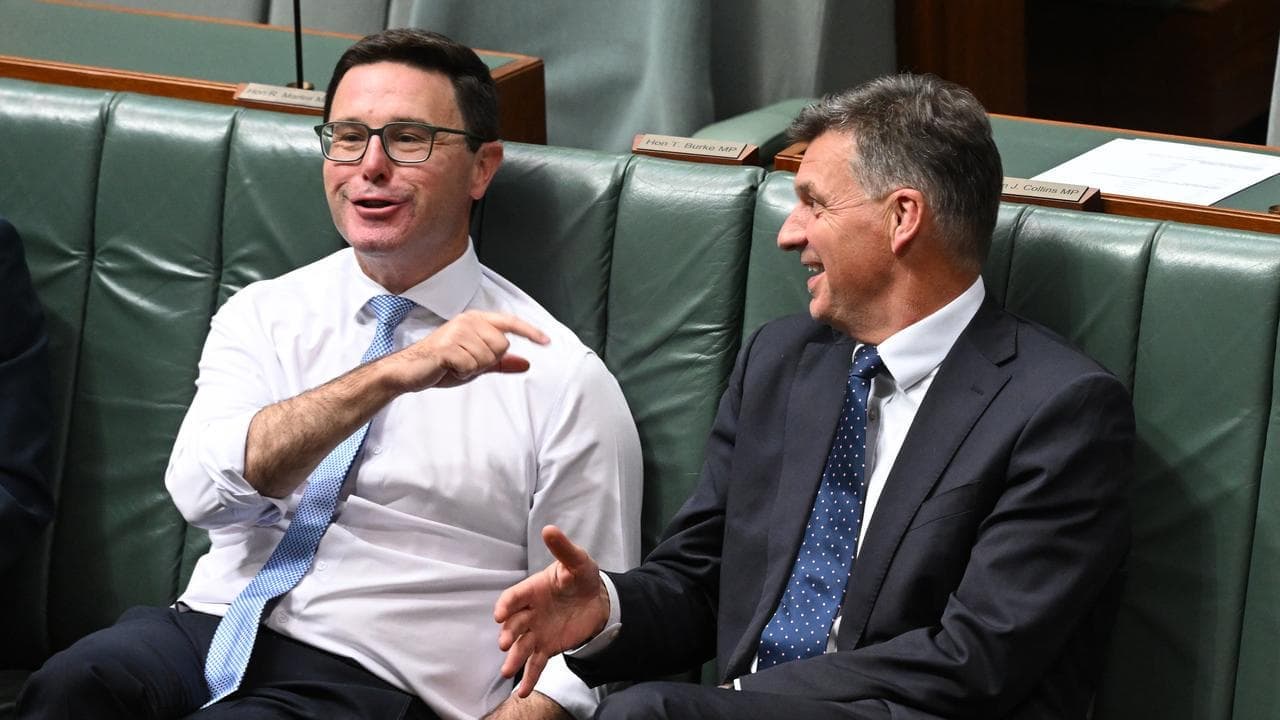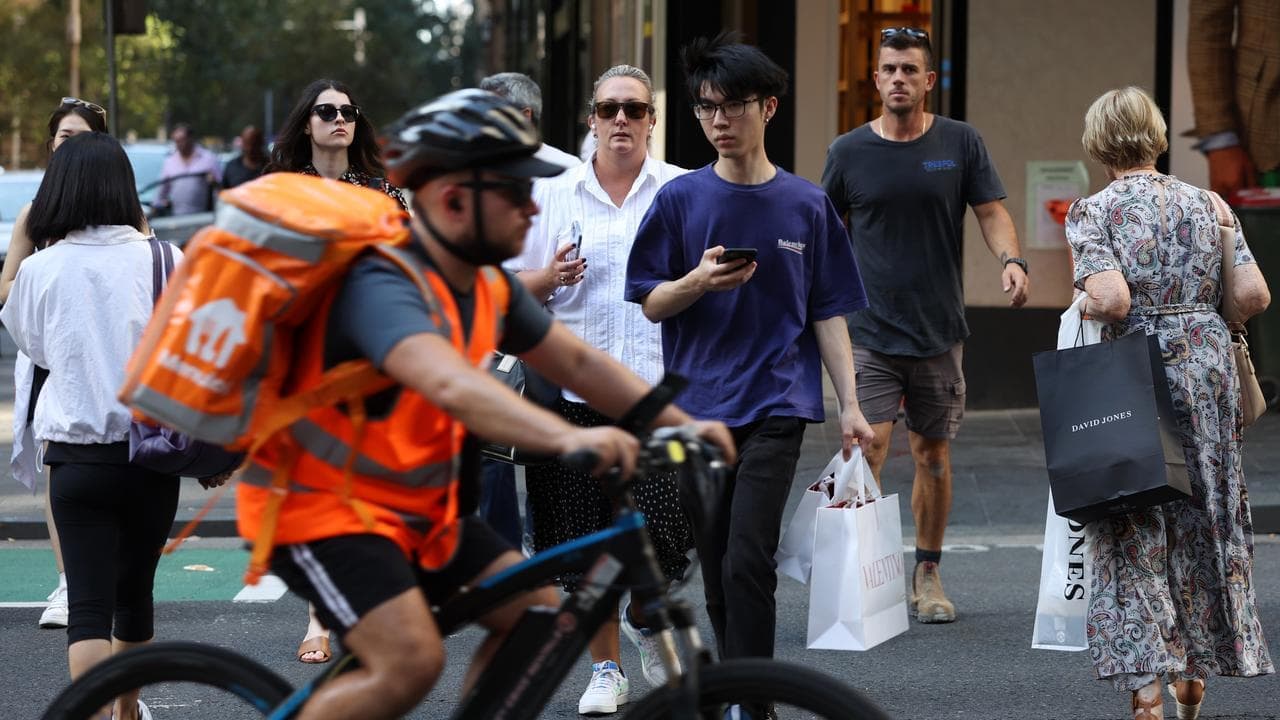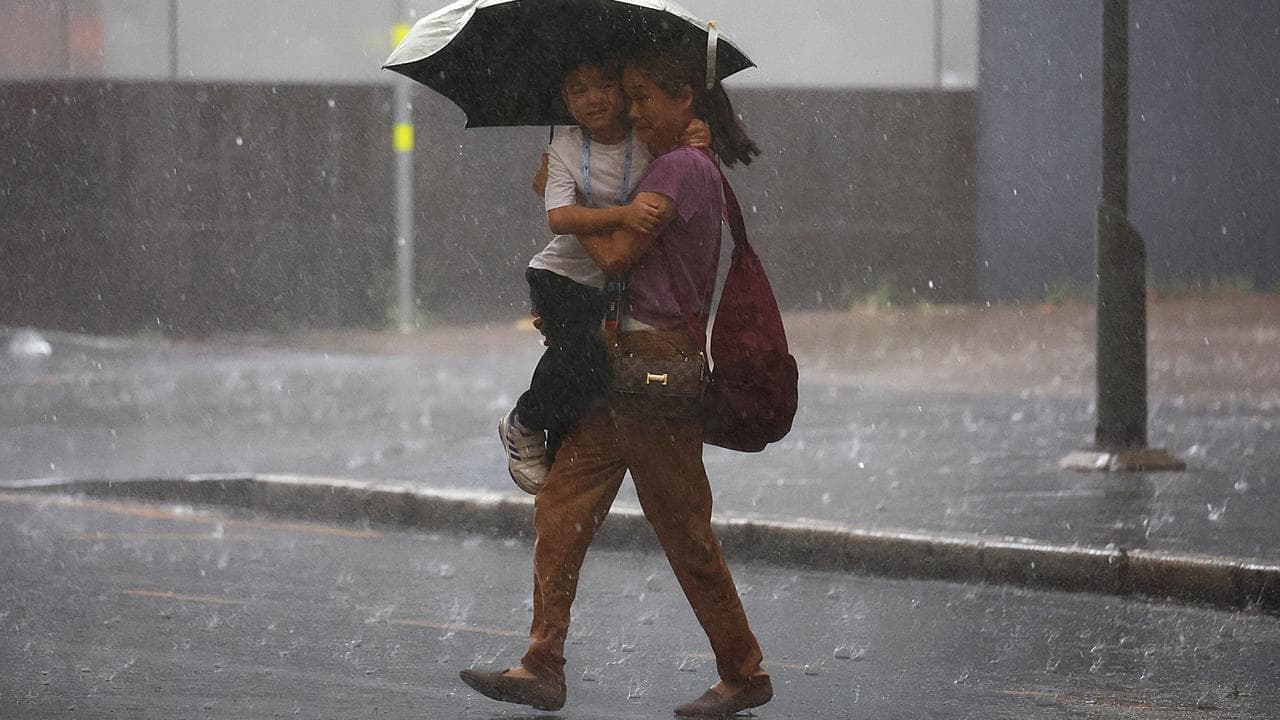WHAT WAS CLAIMED
The World Health Organization (WHO) has ordered governments to prepare for mpox ‘mega lockdowns’.
OUR VERDICT
False. The WHO has not directed governments to implement mpox lockdowns.
AAP FACTCHECK – The World Health Organization (WHO) instructed governments around the world to prepare for "mega lockdowns" in response to the recent outbreak of mpox, according to claims online.
This is false. The WHO has not issued any directives for lockdowns.
The claim appears in the headline of an article on The People's Voice, a US-based website AAP FactCheck has debunked numerous times.
Screenshots of the article's headline are being shared on social media by users based in Pacific nations.
"WHO Orders Govt's To Prepare for 'Mega Lockdowns' Due to 'Deadly Monkeypox' Strain," a Facebook post from Fiji reads.
 A Fijian Facebook post shares false lockdown headlines. (Facebook/AAP)
A Fijian Facebook post shares false lockdown headlines. (Facebook/AAP)
Mpox is a viral infection that causes flu-like symptoms, swollen lymph nodes and a distinctive rash that can turn into blisters.
On August 14, 2024, the WHO declared a public health emergency of international concern following a surge of mpox cases in the Democratic Republic of Congo and other African countries. WHO spokesman Paul Garwood confirmed the claim is false.
"WHO has not recommended lockdowns, nor proposed countries make preparations for any, due to mpox," he said.
The organisation's press release announcing the public health emergency makes no mention of lockdowns.
 The World Health Organization has never ordered countries to lock down. (AP PHOTO)
The World Health Organization has never ordered countries to lock down. (AP PHOTO)
Marc Lipsitch, a professor of epidemiology at the Harvard TH Chan School of Public Health in the US, said it's not plausible any responsible public health authority would be planning lockdowns for control of mpox. "The main route of transmission remains sexual, with some secondary spread from close contact, and lockdowns are not appropriate for control of such an infection," he told Reuters Fact Check.
Professor Anthony Zwi, an expert in global health and policy at the University of New South Wales, previously told AAP FactCheck the WHO doesn't have the capacity to order lockdowns.
"WHO always works with sovereign governments and has no power or ability to intervene within a country in relation to public health measures," he said.
"WHO cannot do more than advise."
The claim has also been debunked by Full Fact and AFP.
The Verdict
False – The claim is inaccurate.
AAP FactCheck is an accredited member of the International Fact-Checking Network. To keep up with our latest fact checks, follow us on Facebook, Twitter and Instagram.












